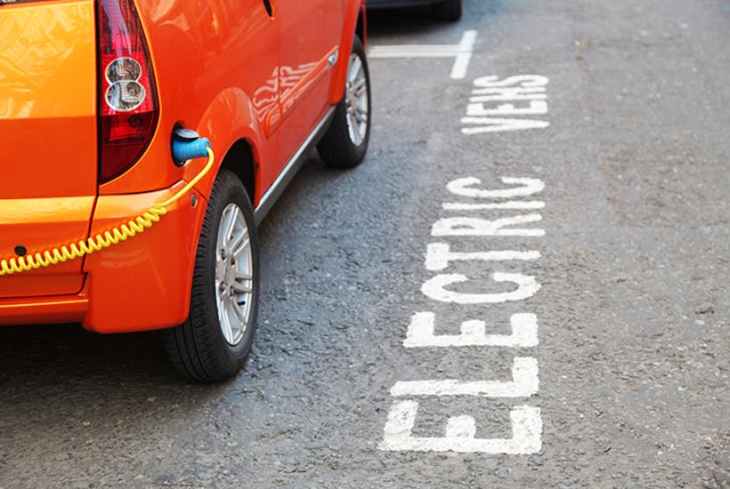This week the Institute for Fiscal Studies announced a five-year study into inequality in Britain, to be led by the economist Sir Angus Deaton, a Scottish academic who recently won the Nobel prize for economics. It is to be welcomed, because it will widen the scope of a debate that has been too narrow for too long.
Britain’s problems with inequality stem not from an unfair distribution of income but from patchy provision of public services, which are often far better in wealthier areas than in poorer ones. As the IFS makes clear in a report to launch its initiative, income inequality in Britain is not rising — how-ever much the Labour party would like to tell us it is.
One of the great tragedies of the Blair government was that its policies merged poverty and inequality into a single statistic that could be manipulated by tax credits. Billions were spent moving people from just below this misleading poverty line to just above it. When the Conservatives took office they sought better solutions — looking at family breakdown, worklessness, drug dependency and personal debt. But the Tories have now given up, bereft of ideas.
Contrary to Corbynista belief, income inequality has barely moved for a quarter of a century. Salaries in Britain have risen faster at the upper end of the scale, but the tax system has balanced things out. The top 1 per cent have never shouldered a greater share of the burden (paying 28 per cent of all income tax, while earning 12 per cent of all income). Never have lower-paid workers been asked for a smaller share. Just over half of British households receive more in benefits than they pay in tax.
The real problem of inequality in Britain lies elsewhere. Take schools. There is plenty of outrage over who is admitted to Oxford or Cambridge, but barely any anger over the fact that the poorest pupils get the worst exam results.
It is a formula that perpetuates inequality — and this is just within the state school system. The sterility of the British debate (and endless lists about what portion of judges and MPs etc were privately educated) has meant that there is very little discussion about inequality in the state schools which educate 93 per cent of the population.
Real inequality lies behind the differential between the health of the poor and the well-off; in the appalling outcomes for children in care; in the fact that violent crime is concentrated in a few urban districts. These are not matters which can be solved through redistribution of wealth — they require better public services. But an obsession with privilege too often gets in the way of proper discussion of how best to help the poor.
There is a similar story with drugs. The IFS identifies what it calls a rise in ‘deaths of despair’ — which it defines as those caused by suicide, drugs or alcohol. Given that the incidence of suicide has gently declined over the past 40 years, what is really being identified is a rise in deaths from drugs.
Yet it has become unfashionable for governments and police forces to take the issue of drugs seriously — liberals are more inclined to campaign for the decriminalisation of drug use. The victims of this approach are not the well-off but those who are forced to live in areas controlled by drugs gangs, and children who are brought up in homes where drug-taking is considered normal.
Sir Angus also speaks about the wider implications of family breakdown — not just the children abandoned by their fathers but also the despair of fathers when their children are being raised by other men. These are issues quite rightly part of the discussion in America (where Sir Angus made his academic career) but avoided in Britain.
It is not hard to understand why well-off areas end up with the best schools, hospitals, doctors’ surgeries, and more attentive police and social services. The powerful and the well-off can shout louder. They find it easier to collar their MPs, their councillors, their police and crime commissioners. Moreover, it is easier to attract good teachers and medical staff to places where it is pleasant and safe to live. You have to be a brave and selfless police officer to favour working amid gangland violence rather than in placid suburbia. There are plenty of police who would, but they need to be properly deployed.
Britain has never been healthier or wealthier than it is now. Yet there are growing gaps — in health, wealth, family structures and education. What can be done to help? There will be those who will only ever have one answer: more tax and spending. But inequality is complicated and politicians have to take the time to understand it properly. They should stop dreaming up ways of punishing the rich and look elsewhere — to the disparity in the provision of public services and how that might be eliminated.
As the Tory party begins the process of choosing its leader, they should ask who is capable of getting to grips with the real causes of inequality. One day Brexit will be over and a long list of problems will present itself. It’s time to start coming up with solutions.






Comments